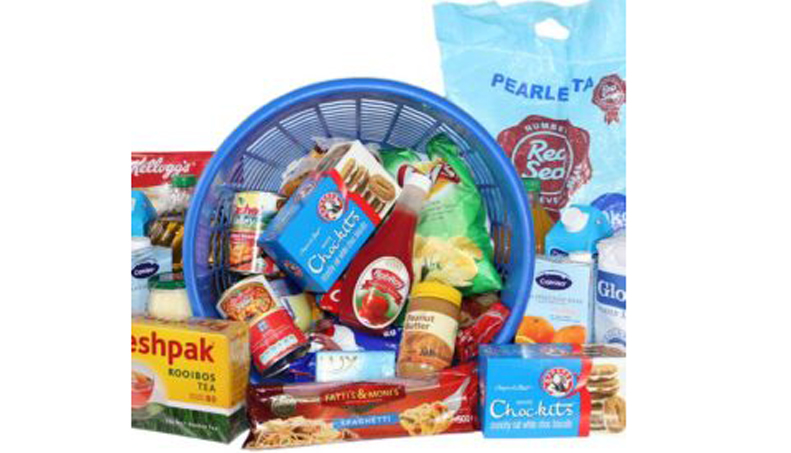The recent move by the Government to suspend import duty on selected basic grocery items has resulted in an influx of imported goods which is now threatening the future of local industry and placing increased pressure on competitiveness.
This was said by the president of the Zimbabwe National Chamber of Commerce (ZNCC), Mike Kamungeremu.
Kamungeremu told Business Times that the import bill will rise unsustainably, and further widen the trade deficit by at least 10%. He said:
By removing import controls, and exposing those prioritised sectors to unfair competition, it reverses the gains hitherto accrued. There is a need to reconcile the two goals to align.
The current 80% shelf space of local goods is likely to shrink as local capacity utilisation is forced to decline to levels of around 50%.
The informal sector is the biggest winner simply because they don’t play by the rules.
They can import and sell in foreign currency, while the formal players are forced to sell in local currency at a rate that does not allow them to acquire enough foreign currency to restock.
As the need for foreign currency is further heightened, pressures are exacerbated on the Zimbabwean dollar to deteriorate further.
US$ prices on the informal sector will remain unchanged or even go down while on the formal market, ZWL$ quoted prices will continue to rise by at least 10% on a monthly basis.
Through the auction system, the government has been giving priority to productive sectors such as manufacturers to become competitive, and there have been signs of improvement.
Economist Gift Mugano concurred with Kamungeremu’s views, saying:
The move will promote the dumping of cheap and substandard imports in the country.
This will also affect the strides made by local industry in increasing local goods shelf space.
In May this year, the Government removed duty on 11 selected imported basic grocery items and allowed shops and other Zimbabwean businesses to keep 100 percent of the foreign currency they get from sales.
The products that will be imported duty-free include maize meal, rice, milk, flour, sugar, salt, cooking oil, petroleum jelly, toothpaste, bath soap and washing powder.
More: Pindula News



Back to top